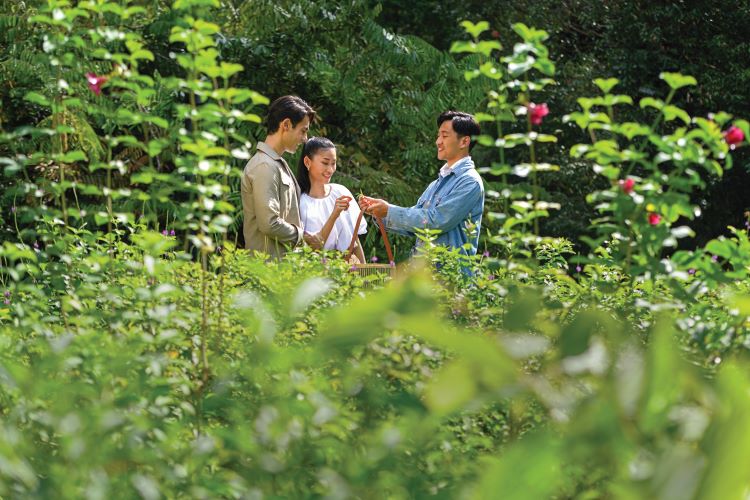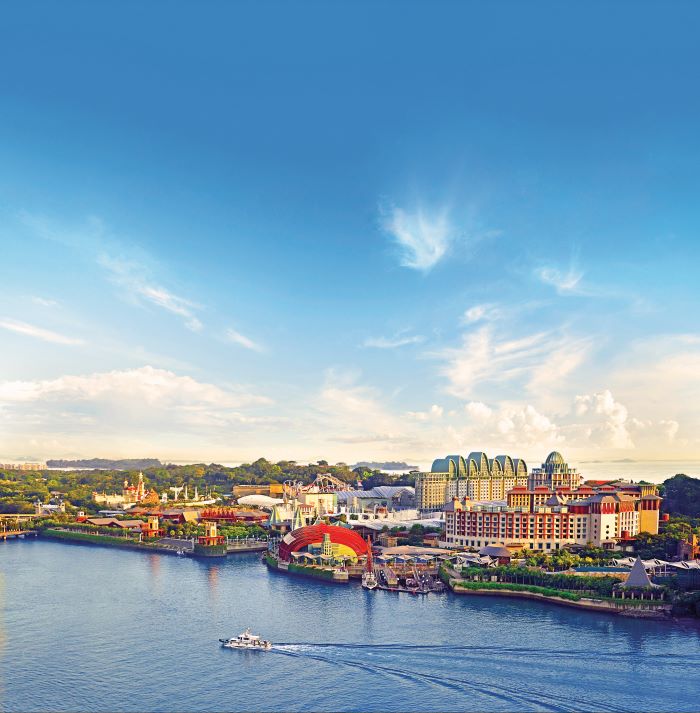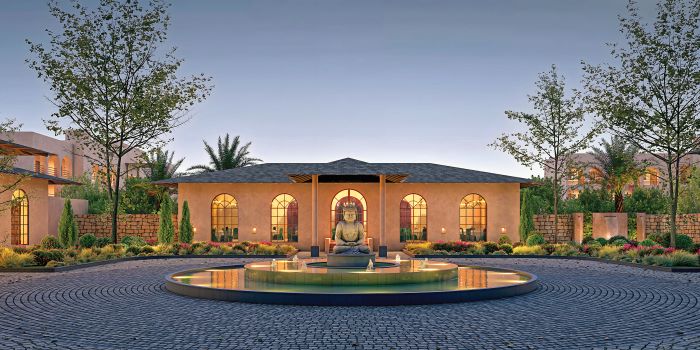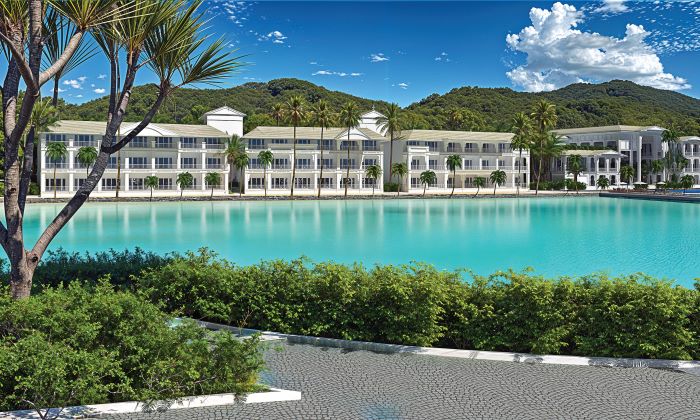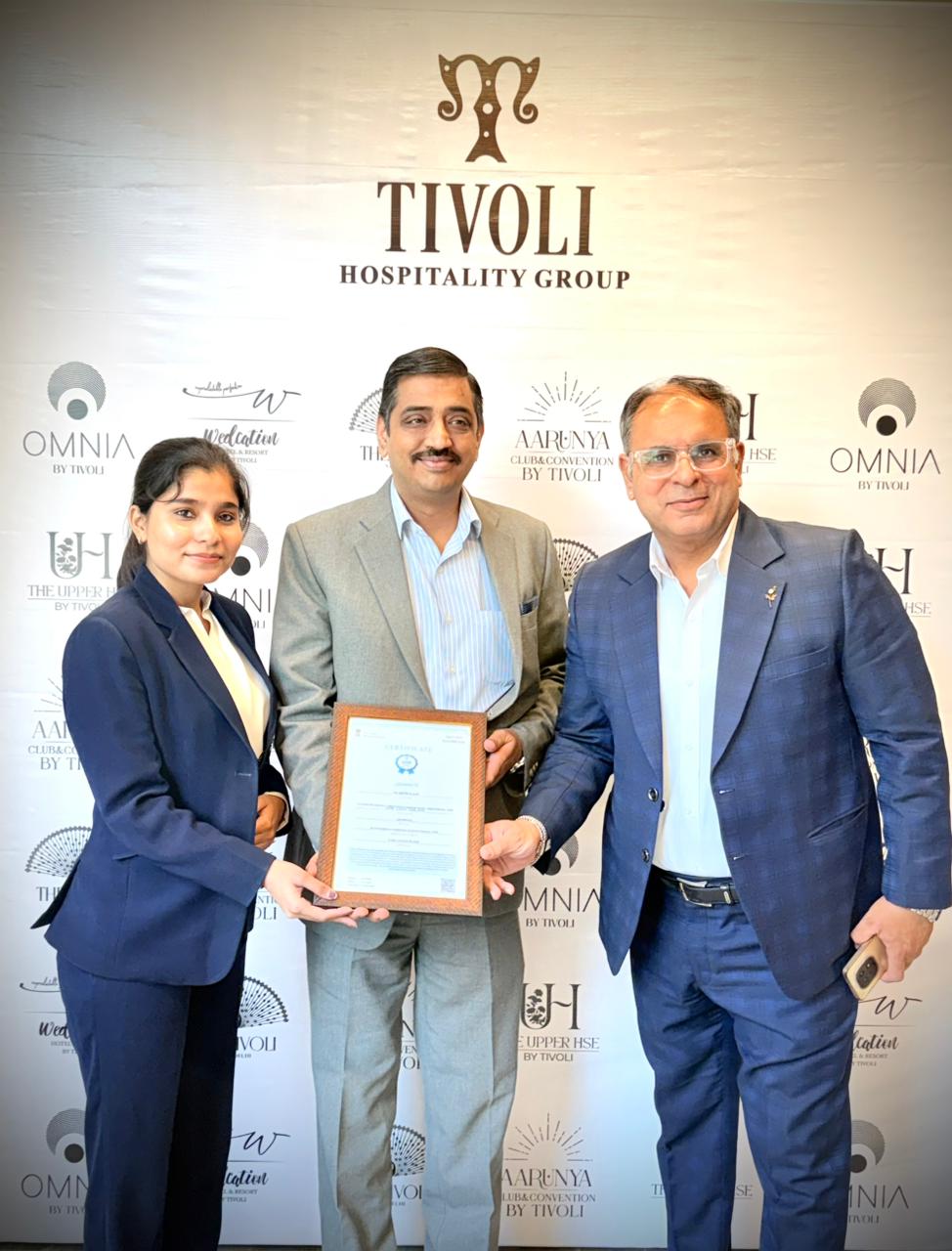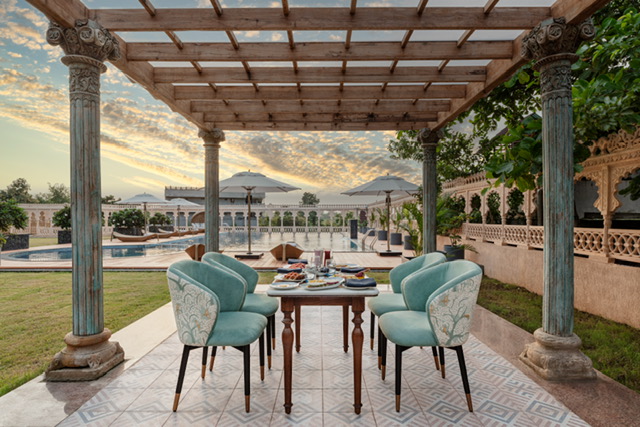Today’s luxury travellers are placing emphasis on holistic wellness experiences that address full spectrum of well-being, says Candice D’Cruz, Vice President, Luxury Brands, Asia Pacific, Hilton Luxury Brands.
Dr. Shehara Rizly
Q: Could you share some of the new trends, which you see in terms of the luxury market?
A: We have recorded an uptick in demand for more wellness-centric experiences from luxury travellers. Many of the travellers are looking into holistic wellness approaches to nourish the mind, body and soul. There is also a growing appetite for alternative therapies with an emphasis on longevity. In response to this, Hilton Luxury offers several services, including Tri Hita Karana Journey at LXR Umana Bali to help our travellers achieve their wellness goals.
Art and culture are essential to the hospitality industry, enriching guest experiences that resonate with the local community. Conrad Art Encounters highlight the connection between art, design, and the unique locales of our Conrad hotels.
The ‘NoLo’ cocktail movement is growing at a rapid pace. This is driven by the younger generation’s focus on mindful consumption and wellness-centric practices. In response, we are innovating with new drinks for our hotels and resorts—Manhattan Bar at Conrad Singapore Orchard offers zero-proof and zero-waste cocktails.
Finally, on the F&B scene, luxury hotels partner with well-known brands to elevate their offerings and achieve wider recognition. At the Waldorf Astoria Shanghai on the Bund, Chef Jason Liu of the Michelin-starred Ling Long restaurant recently collaborated with Shake Shack to celebrate their fifth anniversary. Together, they created two fine dining-inspired items—Ling Long Shack Burger and Ling Long Oolong Shake.
Q: Can we compare the luxury markets in Asia-Pacific region and Middle East? What makes them different or similar?
A: Hilton’s 2024 Trends Report highlights that 77 per cent of Asian travellers are motivated by self-discovery and a desire to explore their cultural and ancestral heritage through travel. Concurrently, the global luxury market reached €1.5 trillion in 2023, with Southeast Asia projected by Bain & Company to emerge as a leading growth centre for luxury brands among emerging regions. This growth is underpinned by an increasing number of Ultra-High-Net-Worth Individuals (UHNWIs), with Singapore, Malaysia, and Indonesia, identified in Knight Frank’s Wealth Report as among the top 10 fastest-growing UHNWI markets.
Looking ahead, millennials, Gen Z, and Gen Alpha are poised to drive 80 per cent of luxury purchases by 2030, with the latter two generations increasing their spending power three times faster than previous generations. The luxury hospitality markets in Asia-Pacific and Middle East regions’ aim to provide high-end, personalised experiences, but differ in market maturity, tourist demographics, architectural styles, and specific offerings. Asia-Pacific region leverages its diverse natural landscapes and rich cultural heritage, while the Middle East emphasises opulence, grand design, and urban luxury.
Q: What are the key sustainability challenges in the luxury segment?
A: Sustainability in hospitality has evolved from a trend to a guest expectation. Hotels must now demonstrate commitment to environmental and social responsibility, moving beyond token gestures. This includes strategies to minimise ecological footprint, support local communities, and enhance guest and destination well-being. By doing so, hotels can foster deeper connections with environmentally conscious guests and contribute to a more sustainable future for the industry.
Q: Have criteria for luxury spaces changed from pre-Covid to post Covid?
A: Travel is now among the top five expenses for luxury travellers. With readily available information, guests research and have higher expectations upon arrival. This shift includes a demand for immersive storytelling and personalised experiences, requiring hotels to maintain active social presences and engage in personalised communication before they arrive.
The experiential aspect of hospitality is now crucial. Hotels must include comprehensive wellness initiatives that offer fulfillment and self-reflection. Awards and recognitions, once optional, are now essential for building a hotel’s credibility and reputation in this evolving landscape. Hotels must innovate their Food & Beverage offerings consistently to engage guests’ senses and create dining experiences that go beyond the traditional settings. For example, the Conrad Singapore Orchard’s Edible Garden Walk incorporates native flora into their afternoon tea, offering an immersive, multi-sensory experience.
Q: Private luxury and ultra-luxury are crucial in all regions. What are the key factors the industry is focusing on?
A: In luxury hospitality, hyper-personalisation and authenticity are crucial. Our brands engage directly with customers to tailor every aspect of their experience, creating a sense of belonging akin to a personal residence. Today, loyalty depends on personalised treatment and recognition than on brand prestige. To deliver these levels of hyper-personalisation, we have special roles such as personal concierges for that ‘extra’ human touch.
Ultra-luxury travel prioritises exclusive, off-the-beaten-path locations and private, residential-style hotels. This focus on personalisation aims to exceed guests’ expectations, as seen in Hilton’s collaboration with small luxury hotels and the addition of NoMad hotels to its luxury portfolio.
“The ‘NoLo’ cocktail movement is rapidly growing, driven by the younger generation’s focus on mindful consumption and wellness-centric practices.”
“Looking ahead, millennials, Gen Z, and Gen Alpha are poised to drive 80% of luxury purchases by 2030.”


